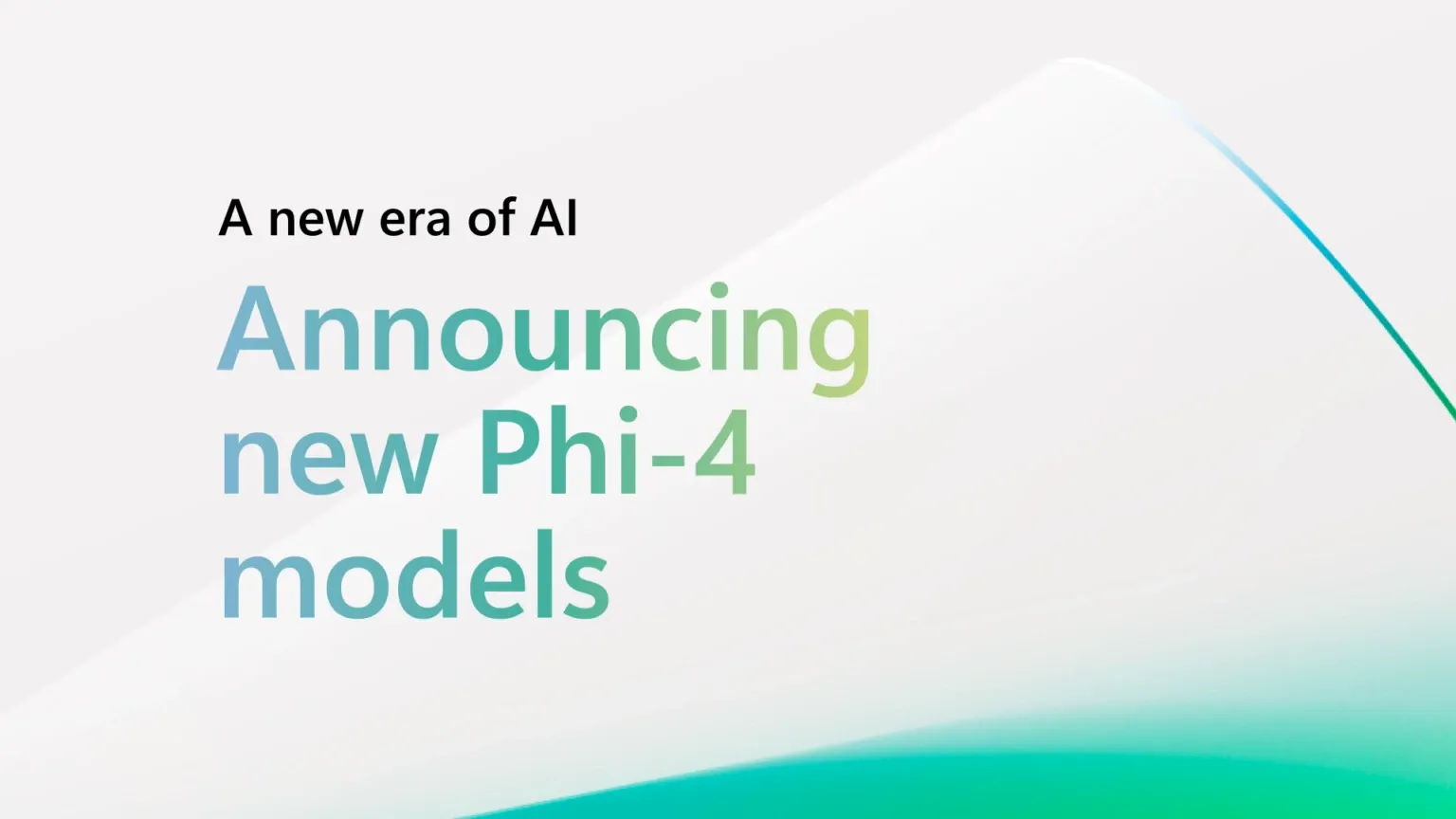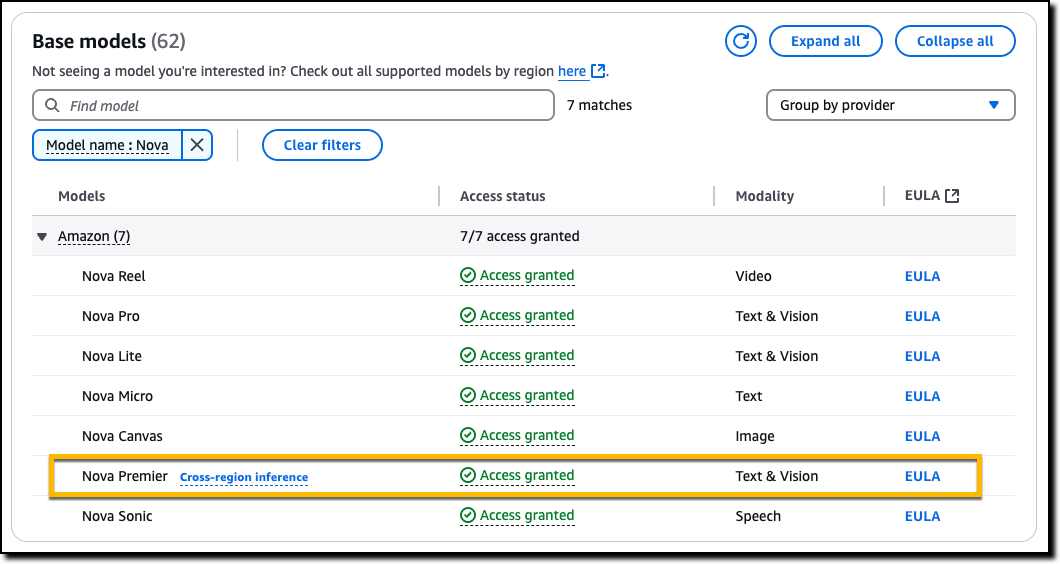Amazon Web Services (AWS) has recently launched a new service called Bedrock, which is a generative AI service that allows developers to create high-quality models for natural language processing (NLP), computer vision (CV), and speech recognition. This service is expected to significantly reduce the time and effort required to build and deploy AI models, making it easier for businesses to leverage the power of AI in their operations.
The Amazon Bedrock is a platform for building and scaling generative AI applications that combines multiple ML models, including GANs (Generative Adversarial Networks), VAEs (Variational Autoencoders), and others. This means that developers can use Bedrock to generate high-quality text, images and audio without having to create their own training data or models. Instead, they can simply provide a small amount of input data and let the service generate the rest.
One of the key benefits of Bedrock is its ease of use. Developers do not need to have a deep understanding of machine learning algorithms or techniques to use this service. They can simply use the provided APIs and interfaces to generate high-quality content. This makes it easier for businesses to integrate AI into their workflows and applications.
Another benefit of Bedrock is its scalability. Since the service is built on top of AWS, it can handle large amounts of data and requests. This means that businesses can use Bedrock to generate large volumes of content quickly and efficiently.
In addition to its ease of use and scalability, Bedrock also offers a high degree of flexibility. Developers can customize the output of the service to meet their specific needs. For example, they can control the length and tone of the generated text, or the style and composition of the generated images.
“Applying machine learning to the real world — solving real business problems at scale — is what we do best,” Vasi Philomin, VP of generative AI at AWS, said in an interview. “We think every application out there can be reimagined with generative AI.”
One of the most significant benefits of Bedrock is that it is designed to be accessible to a wide range of users, from novice developers to experienced data scientists. This is achieved through a combination of user-friendly interfaces, pre-built models, and extensive documentation and tutorials.
Another key feature of Bedrock is its focus on ethical AI. This is an increasingly important issue in the field of AI, with concerns about bias and other ethical considerations becoming more prominent. Bedrock aims to address these concerns by providing tools and frameworks for ethical AI development and deployment.
All in all, Amazon's entry into the generative AI race with Bedrock is a significant development that is likely to have a big impact on the field. With its powerful suite of tools and focus on accessibility and ethical AI, Bedrock has the potential to democratize generative AI and accelerate its adoption across a wide range of industries. It will be fascinating to see how the platform develops in the coming years and what impact it has on the wider AI landscape.






Comments